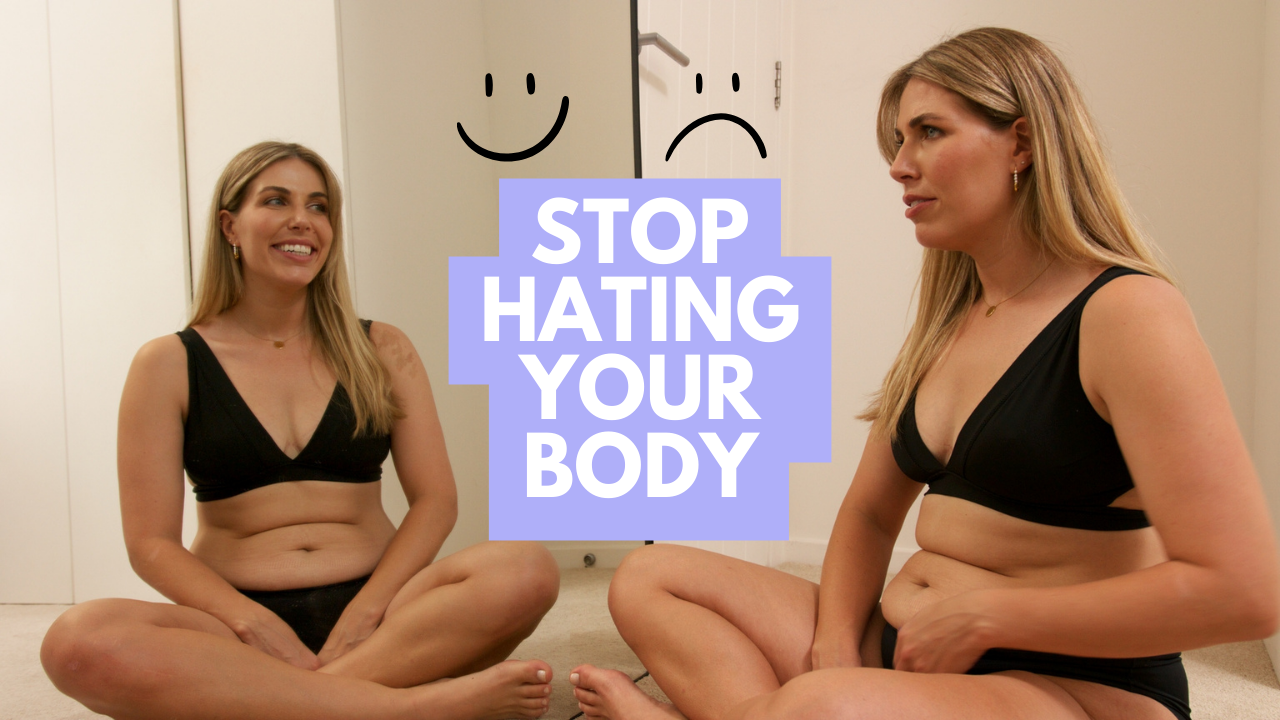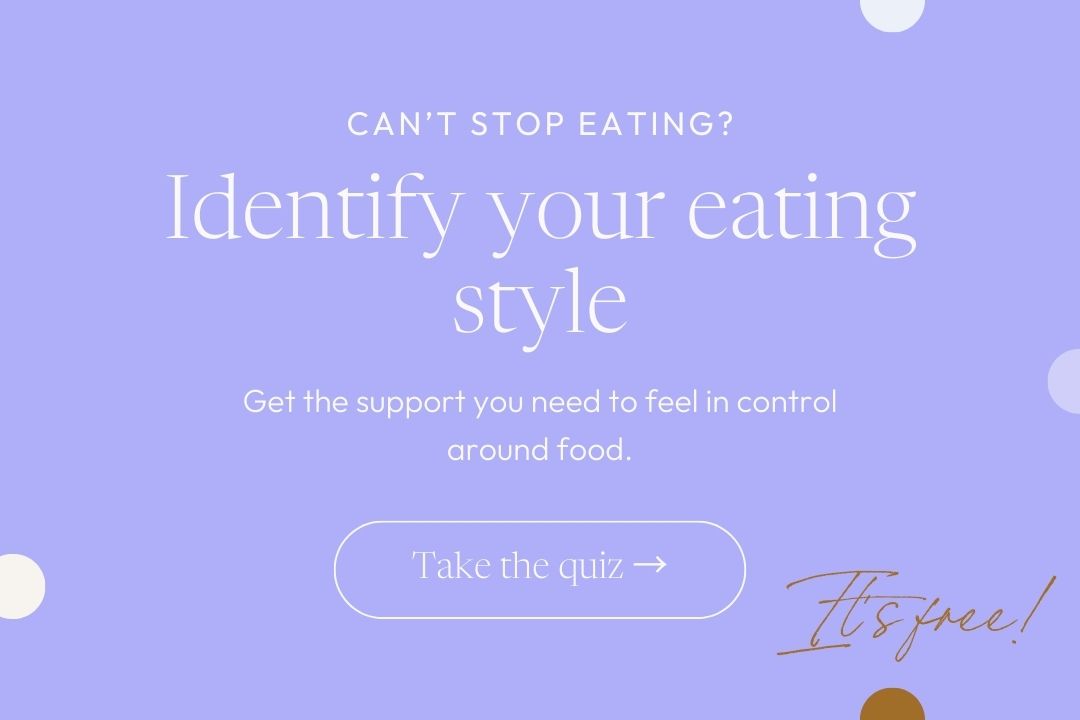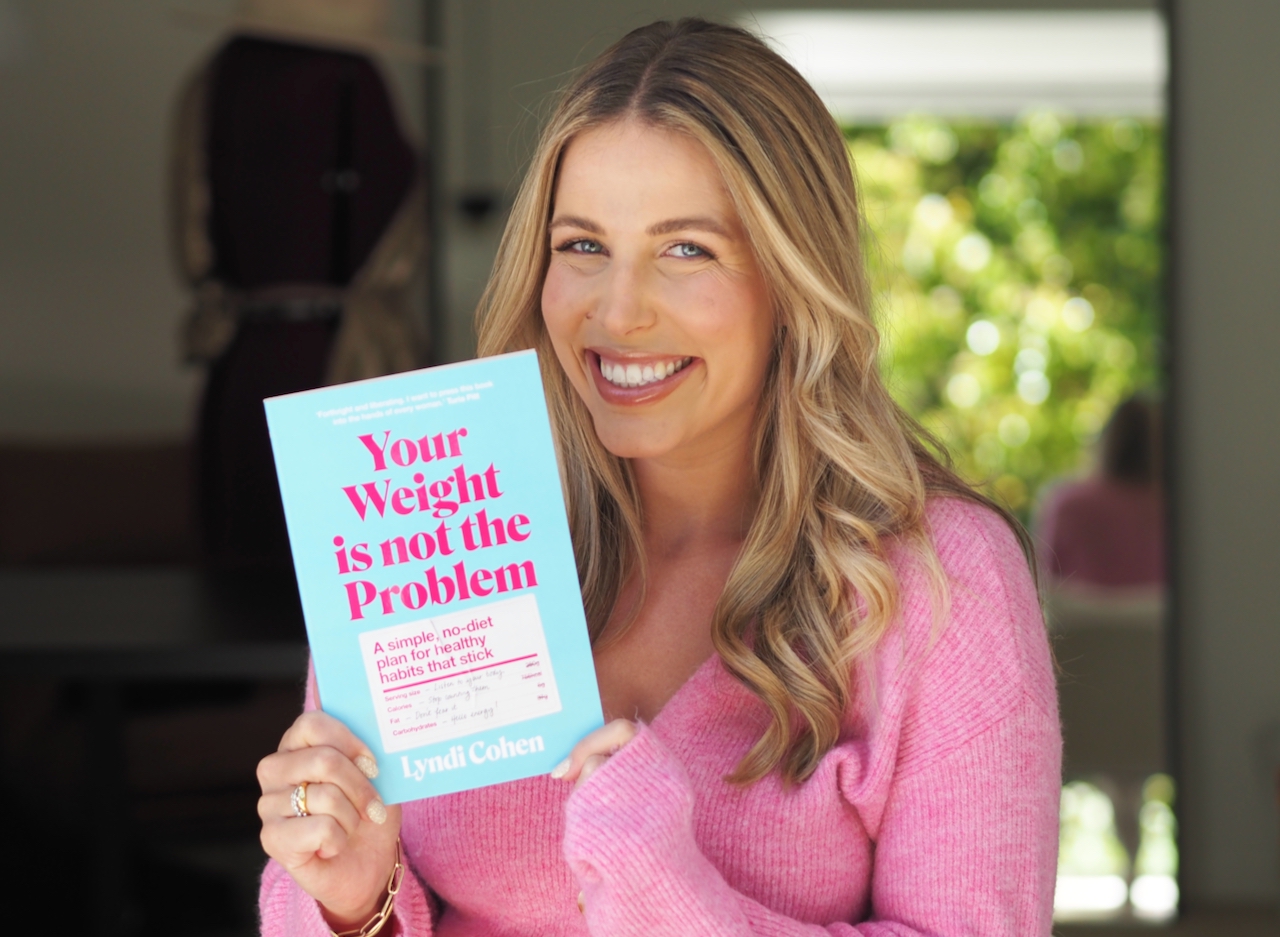Parents might have the best intentions for their child. But often some pretty crumby low self-esteem habits. Constantly talking poorly about their bodies? Acting awkward in a swimsuit? Always on a diet?
Turns out these hallmarks of disordered eating are often passed down by generation – and can affect how children feel in their skin. So what should you do if you have negatively contributed to your child’s body image?
1. Own it and apologise
If you’re a parent who’s made comments like “Should you really be eating that” or “You’re getting a bit chubby” – acknowledging it openly can be incredibly healing.
An apology doesn’t have to be a grand gesture involving skywriting or buying them the latest iPhone. Instead, it’s about being sincere and specific. “Hey, I realise I’ve made some remarks about what you eat or how you look that weren’t helpful. I’m sorry for that. I thought I was doing the right thing and now I can see that was not the right thing to say.”
This isn’t just about saying “my bad” and moving on. It’s about laying the groundwork for open communication and showing that everyone makes mistakes. But we can work through them together.

2. Create a judgment-free zone
We need to help our children feel like they have autonomy over their body, and that we respect their decisions around how they look after it.
Transform your home into a space where judgment is as welcome as a skunk at a lawn party. This means adjusting both actions and language. But it’s more than just refraining from commenting on your child’s choices. It’s about demonstrating that all foods can fit into a healthy lifestyle. Exercise isn’t a punishment, but a way to celebrate what our bodies can do. And refraining from commenting on someone else’s body. Whether it’s in the grocery store, in a magazine or on TV.
It’s also about creating a food and weight-free zone. Instead, try to connect over things that aren’t related to weight loss or dieting. If like me, your way of bonding was by going to Weight Watchers meetings and talking about low-calorie snacks, find other conversation topics and activities. Not falling back into weight loss chats as a default is so important. Even if it’s what is obsessively running through your mind. You need to make that a clear free zone for them.
3. Compliment beyond appearance
Praise your child for the little acts of helping out. Or the wildly wonderful ways they tackle problems. It’s like saying, “Hey, you’re amazing for just being you.” In a universe that’s obsessed with looks, you’re flipping the script.
Shifting the spotlight from the mirror to the mind and heart isn’t just cool. It’s revolutionary. It helps your child understand that you see the real them. You’re helping to counteract the poor self-esteem and show them things they might struggle to see in themselves.
Sometimes, we need someone else’s help to realise how brilliant we are. Which is what a parent’s job is. Don’t forget the weight of this shift. It’s more powerful than you think.

4. Make it a team effort – starting with you
Helping our children starts with setting a good example. So, start by focusing on your relationship with food and how you view your body. This might mean working through your food struggles. Not going on constant diets, that only fail you. Exercising because it makes you feel good. No longer labelling food as ‘good’ or ‘bad’.
By embracing an intuitive, non-restrictive and balanced way of eating, you’re not just giving your child advice, you’re living it. You’re their role model, showing them through your actions that loving yourself and eating or moving in a way that feels good is the real deal.

5. Have regular check-ins
Just like making plans for the weekend, let’s make chatting about feelings and mental health as regular. Instead of waiting for signs that not everything is sunshine and rainbows, make it a habit to check in with your child about how they’re feeling.
If your child is working through disordered eating, there’s often an interrelationship between being diagnosed with another mental condition. Whether it’s anxiety, depression or bipolar, it could be anything on any kind of spectrum. That’s where having active non-judgmental check-ins can be very supportive. This way, it becomes a lot easier for them to share when they’re facing a tough time.

6. Turn “Oops” moments into opportunities
Here’s the thing. Slipping up and adding to your child’s body image concerns doesn’t mean you’re doomed to a lifetime of guilt trips. It’s actually a wake-up call. A chance to bond, learn, and grow stronger together. It’s about getting to a place where you both feel secure. Emotionally and physically.
Remember, we’re not aiming for a perfect star alignment here. It’s all about embracing the journey, understanding each other, and filling it with loads of compassion and heart-to-heart moments that make life worth living.